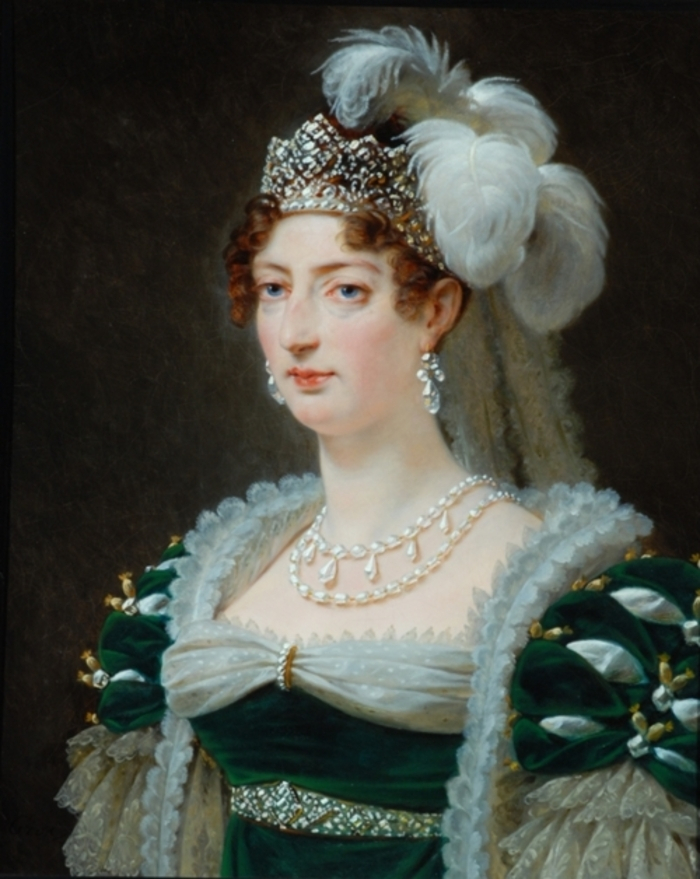Ada Lovelace
English mathematician and author Augusta Ada King, Countess of Lovelace, is most known for her contributions to Charles Babbage's Analytical Engine, a mechanical general-purpose computer. She was the first to realize the machine might be used for purposes more than simple computation.
She was much ahead of her time, and that is an understatement. A full century before the development of modern computers, Ada Lovelace established herself as the first computer programmer. Without the help of British engineer, inventor, and mathematician Charles Babbage, she would not have succeeded. Early in the 1830s, when Lovelace was only 17 and still going by her maiden name of Byron, they began working together.
Lovelace was a lifelong proponent of phrenology and mesmerism, as well as other scientific fads that were popular at the time. Lovelace carried on working on other projects after her time working with Babbage. She mentioned her ambition to develop a mathematical model for how the brain generates thoughts and the nervous system generates sensations to a friend, Woronzow Greig, in 1844 ("a calculus of the nervous system").
She wrote to her mother about "certain productions" she was working on addressing the connection between arithmetic and music in 1851, the year before she was diagnosed with cancer.
Born - Died: 1815-1852
Field: Mathematical, literature
Important contributions: first computer programmer














